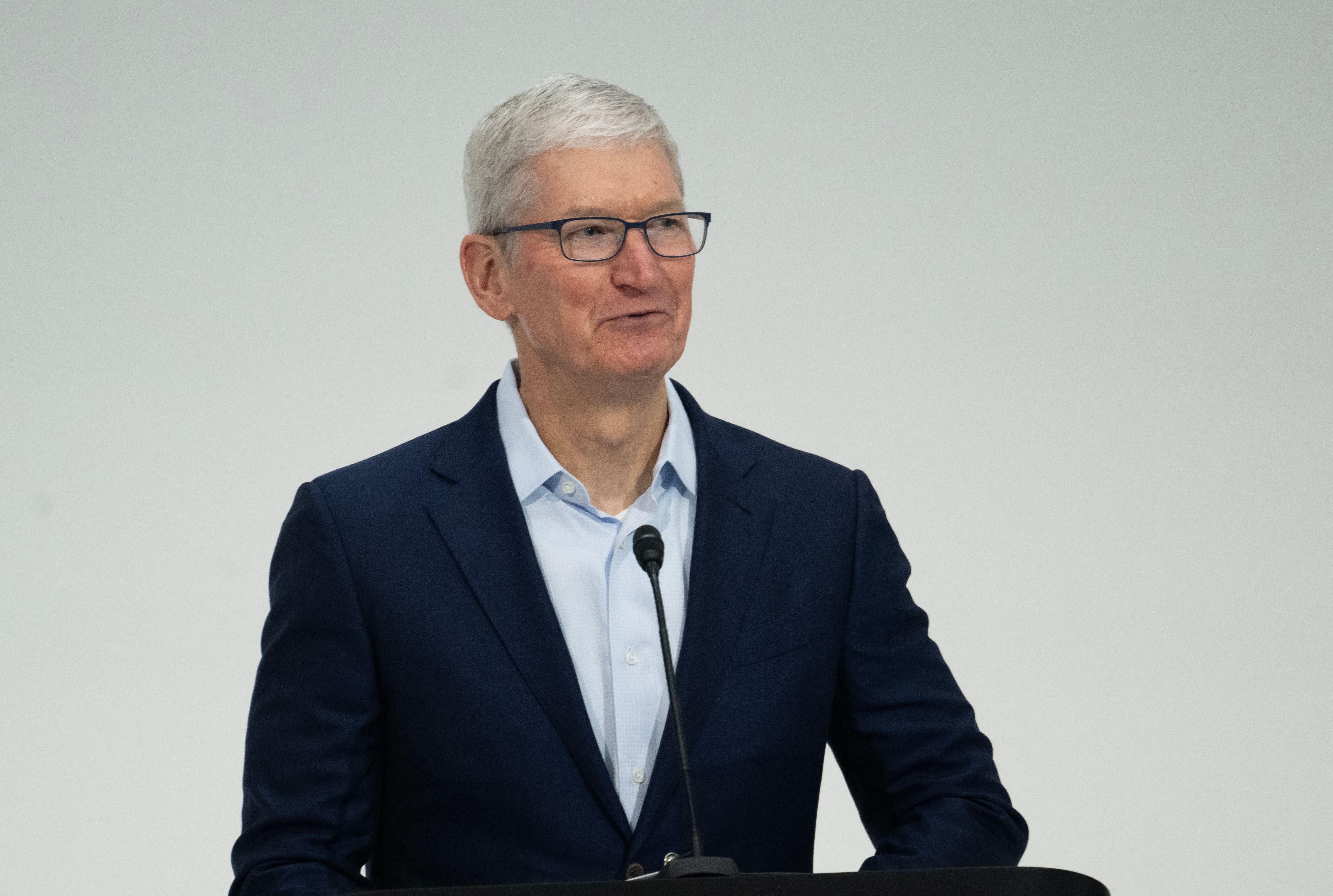The federal judge who blocked Montana’s blanket ban on TikTok may have just created an opening for lawmakers in Washington trying to think bigger than one social media app.
Judge Donald Molloy’s Thursday ruling technically only stalls Montana’s plans to block the popular video-sharing app for its residents starting in the new year. But several experts said the decision — which found the law to be a violation of the First Amendment — likely foreclosed on the idea of a broad, nationwide ban of TikTok or that copycat bills would move in other states.
Banning the app, which is owned by Beijing-based ByteDance, is a popular China-bashing message conservatives put in the spotlight during last month’s Republican presidential debate. And Republican Gov. Greg Gianforte said the law — which would fine app stores $10,000 if they continued offering the app to customers — was aimed at protecting residents from foreign influence by the Chinese Communist Party.
Instead, what the ruling has sparked is some hope among Republicans and Democrats on Capitol Hill convinced that a more nuanced approach that doesn’t just target a single platform was always needed.
“The court ruling demonstrates the legal and constitutional difficulties an outright ban faces,” said Ryan Wrasse, a spokesperson for Sen. John Thune (R-S.D.), who is pushing a bipartisan bill to give the administration more power to block technologies tied to foreign adversaries like China and Russia. “Without meaningful action, foreign-adversary-owned technologies like TikTok aren’t going away, and Congress needs to take these national security threats head on without delay.”
For now, TikTok, which is used by more than 150 million Americans, is here to stay. The Biden administration’s national security review of TikTok remains tied up over a disagreement on whether to force a sale of the platform. And on Capitol Hill, efforts to enact an outright ban on TikTok over national security concerns stalled long before lawmakers started to approach the holiday season. But some experts weren’t surprised by these difficulties or by the ruling itself.
“Whenever anyone uses the word ban, I know they’re not serious, because you can’t ban TikTok,” said James Lewis, the director of the strategic technologies program at the Center for Strategic and International Studies, adding it would be unconstitutional and constrain speech.
Gianforte’s office, nor the office of Republican state Sen. Shelley Vance, who authored the TikTok ban legislation, responded to requests for comment.
The RESTRICT Act, from Thune and Sen. Mark Warner (D-Va.), has the backing of the Biden administration and would give the executive branch authorities they lacked when a similar effort to ban TikTok by the Trump administration was blocked by two federal judges in 2020.
Rachel Cohen, a Warner spokesperson, said the RESTRICT Act is “carefully drafted to be constitutional.”
But the RESTRICT Act has faced Republican blowback over claims it gives the Biden administration too much power. It would also have to go through the Senate Commerce Committee, which is chaired by Sen. Maria Cantwell (D-Wash.), who is writing her own foreign adversary tech bill this Congress.
“Crafting legislation that can withstand court scrutiny is one of Sen. Cantwell’s primary goals,” Tricia Enright, a Cantwell spokesperson, told POLITICO. They are continuing to work on the bill text, but didn’t provide a timeline for introduction.
Outright TikTok ban bills, like those from China hawks such as Sen. Marco Rubio (R-Fla.) and Sen. Josh Hawley (R-Mo.), seem even more suspect after Molloy’s ruling.
While Rubio remained confident in his ANTI-SOCIAL CCP Act, telling POLITICO, “The Chinese Communist Party doesn’t have a constitutional right to conduct influence operations in the United States,” his bill hasn’t moved since it was introduced in February.
It was because federal efforts to ban TikTok stalled that states like Montana took action in passing a law in May banning the app for its 1.1 million residents — a move TikTok and its creators sued soon after.
Montana’s office of the attorney general said they’re still reviewing their options, which could include an appeal to the 9th U.S. Circuit Court of Appeals. “We look forward to presenting the complete legal argument to defend the law that protects Montanans from the Chinese Communist Party obtaining and using their data,” the office said.
Montana’s “likelihood of success is slim to none,” said Clay Calvert, a nonresident senior fellow in technology policy studies at the American Enterprise Institute. “This is not good for the federal government if it attempts to adopt an outright ban of TikTok.”

Amanda Smith is a dedicated U.S. correspondent with a passion for uncovering the stories that shape the nation. With a background in political science, she provides in-depth analysis and insightful commentary on domestic affairs, ensuring readers are well-informed about the latest developments across the United States.






